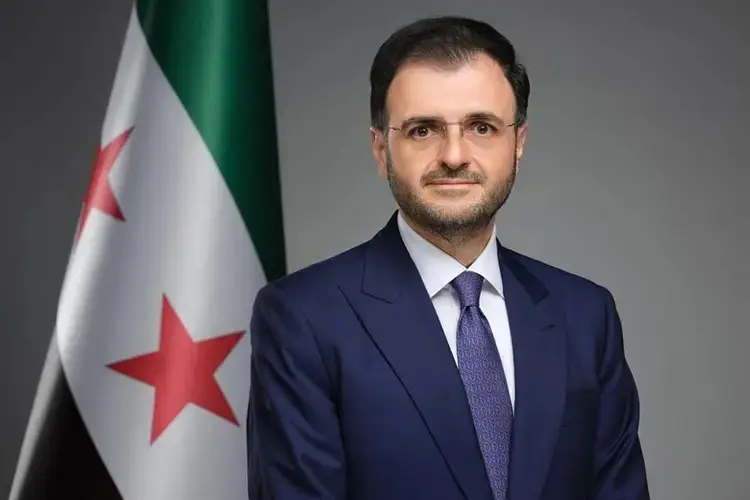Rabat — November 6, 2025: Morocco is taking a bold step toward reinforcing its digital sovereignty and ensuring responsible technological innovation through a new ethical framework for digital platforms and artificial intelligence (AI).
During a high-level conference in Marrakech organized by the Competition Council, policymakers, global experts, and technology leaders convened to discuss the impact of digital platforms on business models, labor markets, and regulatory systems. The discussions underscored the importance of aligning innovation, regulation, and ethics to build a secure and inclusive digital economy.
Amal El Fallah Seghrouchni, Delegate Minister for Digital Transition and Administrative Reform, outlined Morocco’s four-pillar digital strategy:
- Strengthening digital infrastructure,
- Establishing effective governance mechanisms,
- Fostering innovation, and
- Ensuring equitable access to technology.
She announced the development of a new law on digital services and a national AI roadmap centered on responsible governance and technological sovereignty. These efforts aim to balance progress with protection, ensuring that Morocco’s digital transformation remains ethical, transparent, and sustainable.
In addressing cybersecurity, El Fallah Seghrouchni revealed that Morocco faced over 12.6 million cyberattacks in 2024, reaffirming that cyber resilience is a national priority. Strategic projects — including the 2025–2030 cloud roadmap and the Dakhla mega data center — are being advanced to safeguard national data and establish Morocco as a regional leader in secure data management.
The Marrakech conference reaffirmed Morocco’s vision to lead a human-centered digital transition, integrating innovation with accountability to foster economic growth, strengthen citizen trust, and enhance national competitiveness in the global digital landscape.















